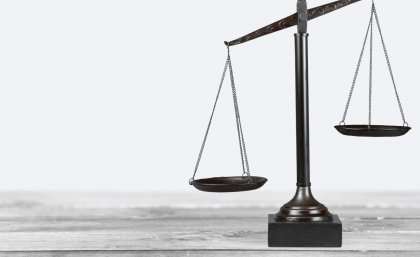Erroneous beliefs about rape inhibit proper law enforcement

Australian women raped by a colleague after a party are judged more suspiciously if they neither physically resist nor fully cooperate with police when their attacker is from a Western background.
A study on acquaintance rape led by Dr Renata Bongiorno of The University of Queensland School of Psychology tested how cultural background and victim reaction impacted on public opinion.
"People often erroneously believe that 'real rape' involves a woman being attacked by an armed man who jumps from the bushes," Dr Bongiorno said.
"Victims are also expected to physically resist their attacker and immediately report their assault, even though in reality some are too shocked or traumatised to do either.
"Surveys and officials statistics from a range of countries show that women are most frequently raped by men known to them.
"But when a woman doesn't behave in a way that is consistent with stereotypes about rape, a fair prosecution outcome is more likely to be undermined."
In their study, Dr Bongiorno and colleagues Associate Professor Blake McKimmie and Associate Professor Barbara Masser presented 237 white Australians with slightly different scenarios.
In each case an Australian woman accepted a male work colleague's invitation to go back to his apartment after they had attended a work Christmas function.
The pair started to kiss and caress each other at the apartment, but when the man grabbed her and tried to remove her clothes, the woman asked him to stop.
Although every scenario depicted the man as a foreigner on a temporary work visa, in some scenarios he was American or British, while other scenarios described him as Indian or Pakistani.
One version said the woman 'repeatedly pushed the defendant away with all her might and tried as hard as she could to cross her legs' and 'fully cooperated with police investigations'.
Another version said the victim 'did not try to physically resist' and 'appeared generally unwilling to cooperate with the police investigations'.
"When the victim physically resisted and fully cooperated with police, there was no variation in how participants viewed the perpetrator, regardless of cultural background," Dr Bongiorno said.
"When the victim did not physically resist and did not fully cooperate with police, victim blame was higher and more lenient punishment was considered appropriate for the culturally-similar attacker.
"If we are to ensure that rape victims get treated fairly in the criminal justice system – and that there is equal punishment of all perpetrators – we must find ways to challenge current stereotypes."
The research is published in journal Psychology of Women Quarterly.
More information: R. Bongiorno et al. The Selective Use of Rape-Victim Stereotypes to Protect Culturally Similar Perpetrators, Psychology of Women Quarterly (2016). DOI: 10.1177/0361684316631932
















